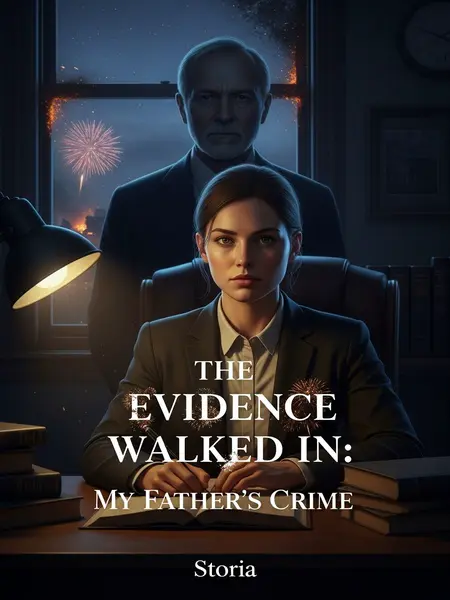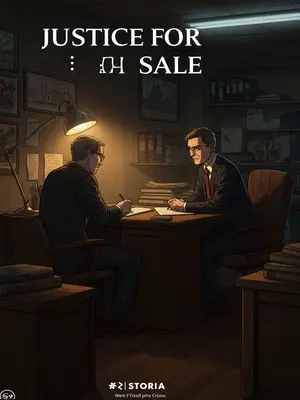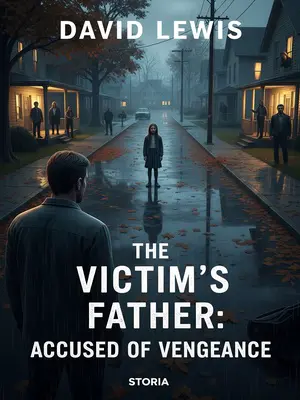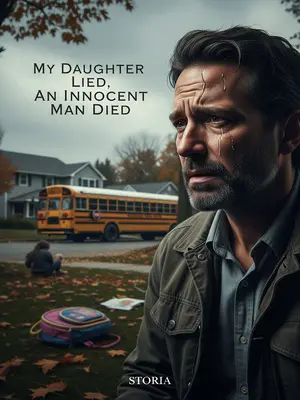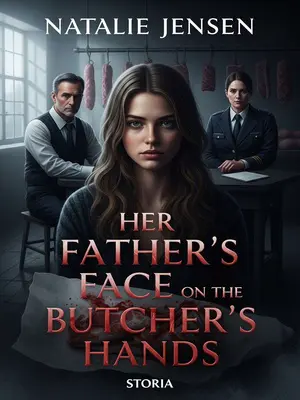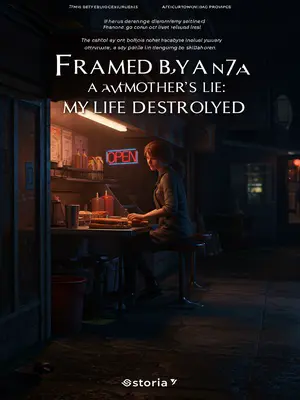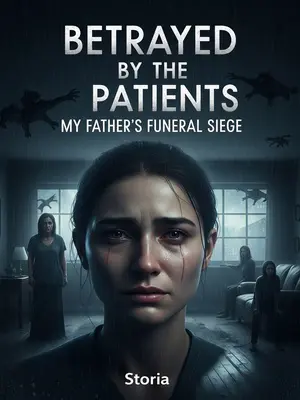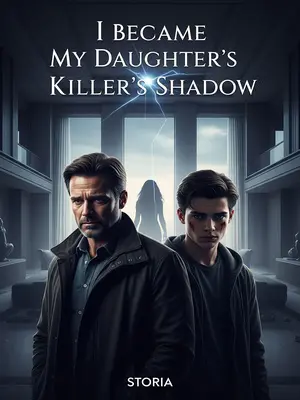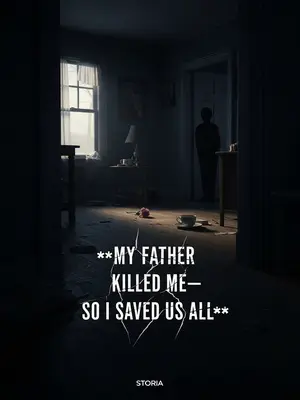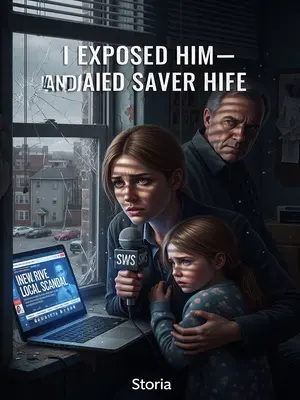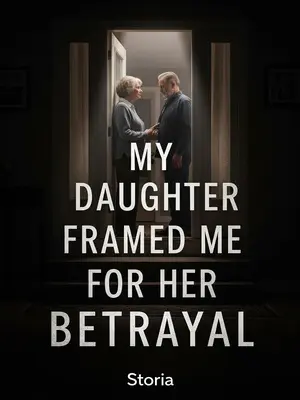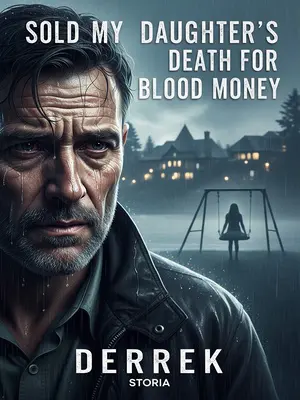Chapter 12: The Funeral and the Envelope
Afterward, the plant investigated the root cause of the accident.
Such safety incidents had happened twice before, with injuries—making fireworks is dangerous work.
But none had happened at midnight, nor with such a spectacular display.
So why did my father go to the warehouse at midnight?
The workers all said, that night, my father went to steal fireworks. He couldn’t afford them, so he tried to take advantage of his position.
To avoid issues with the fireworks he stole, he might have intentionally marked good products as defective during work.
Once he did that, he could store good ones in the warehouse and look for a chance to sell them elsewhere for profit. After all, the manager rarely visited the pond warehouse, so my father had free rein there.
If he wanted to profit from it, he had every opportunity. Ending up like this was just fate.
I was too young—only five—so I can’t say I truly knew my father. But I didn’t believe he would do such a thing.
If my father really went to steal fireworks, it must have been for me. I loved fireworks, often went to watch others set them off, and after being blocked by the neighbor’s boy, I pretended not to care, but cried at home.
Father saw this, felt sorry for me, and went out late at night.
If that’s how it was, then I was to blame. I longed for what I shouldn’t have, hurt my father’s pride, and brought disaster upon him.
After realizing this, I finally understood.
At the funeral, I cried in front of my father’s photo. Others thought it was because I loved him, but it was actually guilt. I didn’t dare tell my mother.
People whispered, pointing at my father’s coffin. They spoke as if they knew the truth. My mother weakly argued a few times, then stopped, sitting blankly by the coffin, lighting candles and leaving flowers.
I kept her company.
The neighbor’s boy still wouldn’t let me be. He came up and whispered in my ear, "Your father was a thief—he got what he deserved."
I trembled with anger, picked up a half-burned candle from the tray, and threw it at him.
My father died in a way that seemed glorious but was actually disgraceful—consumed by fire and by gossip. That supposed glory, that most splendid fireworks display, was like a cruel joke.
Many people came to pay their respects. Officer Luke came as well.
He looked at my mother’s lost expression after losing her support, moved but helpless. All he could do was advise her to carry on, as she still had a child to raise.
When the plant manager and his son entered the funeral home, everyone fell silent.
The manager’s name was Richard Chen, a man in his fifties, with a natural air of authority. People fell silent in his presence.
But this time, his expression was gentle. He brought a thick manila envelope, containing five thousand dollars.
He pressed a thick envelope into my mother’s hands. "No matter what happened, David was a good man. Don’t let anyone tell you otherwise."
As he spoke, he stuffed the envelope into my mother’s arms.
Richard Chen said he didn’t mind, but with such generosity, he actually confirmed my father’s theft.
The warehouse exploded, the man died—there was no concrete evidence, but he closed the case.
But that was indeed the most reasonable explanation—otherwise, how to explain my father’s actions?
Father went to the warehouse outside working hours, died due to bad intentions and negligence, so it wasn’t considered a work injury, and he destroyed the warehouse.
But Richard Chen still gave a sizable compensation.
Mother held the heavy envelope. Her pale face slowly flushed red.
She lowered her head, body trembling, teeth chattering. Finally, her whole body went limp, and she let out a barely audible sigh, as if all the air had left her.
She whispered, "It was David who did wrong. Mr. Chen, you are a good man. Our family owes you..."
At that moment, an indescribable sense of despair overwhelmed me.
I heard the neighbor boy’s voice in my ear—See? Your father was a thief. He got what he deserved.
I saw Tyler Chen squatting in front of me, and remembered my father being beaten at the plant, being lifted up by him.
I saw Tyler Chen take out some sparklers, hand them to me, and gently say, "If you want to play with fireworks, come find me. I’ve got plenty," and remembered my father dying beneath the fireworks…
I finally couldn’t bear it. At the funeral, I let out a piercing scream, sharp as the crack of burning gunpowder, startling everyone present.
—I pressed my face into my mother’s coat, her perfume and the sharp scent of funeral lilies mixing in my nose as I tried not to scream.
There was whispering all around. Richard Chen’s face instantly darkened.
My mother quickly reacted, hugging me tightly, muffling my cries in her arms.
Her palm pressed the back of my head, holding me down, as she apologized to Richard Chen.
"Mr. Chen, you are our family’s benefactor. I truly have nothing to repay you with. This money... this money, I can’t refuse. David is gone, I’m useless, we’re a widow and orphan and really need the money. Hannah is still young, doesn’t understand—please forgive her."
Then she took the sparklers from Tyler’s hand, saying, "Tyler, thank you for Hannah."
Tyler frowned at my mother, then smiled indifferently. The father and son left early.
The others, seeing the scene, soon left as well.
Only my mother, myself, and my father’s coffin remained.
Black funeral banners fluttered, the air filled with the ashes of burnt offerings, the candle nearly out—so cold.
I was still held by my mother, her chest pressed to my mouth. I sobbed, unable to breathe.
My father’s funeral ended like that.
After that, I no longer liked fireworks.
Fireworks cool so quickly, vanishing in an instant, leaving only dust in the sky—the loneliest thing.
And every time I heard fireworks, I was brought back to that absurd and sorrowful night in 1996.
